| Dear Voornaam, Welcome to your October newsletter. Please join me in congratulating Professor Rebecca Fitzgerald for receiving this year’s Don Listwin Award at the Early Detection of Cancer Conference 2022. Awarded for her outstanding work in cancer early detection, she plays – and continues to play – a key part in developing ground-breaking research in the prevention and detection of oesophageal cancer. It was great to see the fantastic work of our researchers in the recent European Society for Medical Oncology Congress in September. With a range of our funded trials such as STAMPEDE, DESTINY and FOCUS4 presented at the conference, I am pleased to see these projects make progress to one day benefit people living with cancer.
October is Black History Month and we’re celebrating the impact of Black culture and heritage on our research. As a funder of research, we continue to stay committed to tackling racial bias and inequality in cancer research. It is good to see the theme this year is 'proud to be' - Black cancer researchers in our community can be incredibly proud of their life-saving work. On 14 October, join our partners Black in Cancer and NCRI for a virtual event, featuring patient representatives and researchers including Dr Julia Morris from the CRUK Manchester Institute, who will share their experiences of being Black in cancer research.
Kind regards, Iain Foulkes Executive Director, Research & Innovation Cancer Research UK |
|
|---|
|
|---|
|
|
| | | Applications accepted all-year round |
|
|---|
|
|---|
|
|
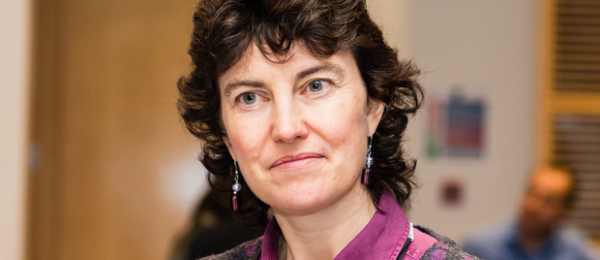 REBECCA FITZGERALD WINS THE DON LISTWIN AWARD Professor Rebecca Fitzgerald has received the Don Listwin Award at this year’s Early Detection of Cancer Conference. The award recognises a sustained contribution to, or singular achievement in, the cancer early detection field. Rebecca is internationally recognised for her exceptional research into the prevention and detection of oesophageal cancers. We spoke to Rebecca about the power of collaboration, taking risks and the rise of early detection as a hot topic for researchers. |
|
|---|
| 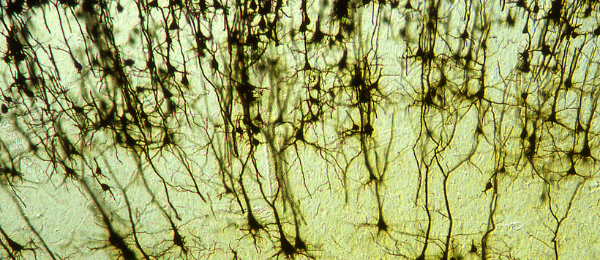 DELIVERING THE FUTURE OF PAEDIATRIC BRAIN TUMOUR THERAPY Almost 30,000 cancer deaths in children and young people have been avoided since the 1970s in the UK, thanks in part to our work. However, survival for some children’s cancers has barely improved. And many of those who do survive experience serious, long-term side effects from their treatment.
Dr Lisa Ruff tells us about her research into biodegradable hydrogels as a drug delivery mechanism for the treatment of paediatric brain tumours. |
|
|---|
|
|---|
|
|
| | SUBMIT A PROPOSAL FOR OUR NEW DRUG DISCOVERY OPPORTUNITY We’re now welcoming drug discovery proposals for our new opportunity – the Therapeutic Catalyst. Successful projects will receive up to £250k for 18 months. If you have novel insights into cancer biology that can be targeted therapeutically to treat cancer, we invite you to submit an expression of interest. The Therapeutic Catalyst will accelerate the translation of laboratory discoveries into novel cancer therapeutics. It’s designed to support exploratory drug discovery efforts to validate and de-risk targets and technologies, and position them for onward investment and progression. If you have any questions about the opportunity, contact our Discovery Project Leaders. |
|
|---|
|
|---|
|
|
| | CANCER RESEARCH STEPS INTO THE CULTURAL SPOTLIGHT Throughout 2021-22, there will be two major UK exhibitions focussing on cancer. In September, the Francis Crick Institute opened their free exhibition in London to showcase the latest cutting-edge cancer research, taking place in one of the world’s largest bio-medical research labs. The Science Museum Group, with support from CRUK, has created the world’s first object-rich cancer exhibition, which reveals the past, present and future of how the disease is prevented, detected and treated. Outwitting Cancer: Making sense of nature’s enigma - Francis Crick Institute - 25 September 2021 – July 2022
- Free
Cancer Revolution: Science, innovation and hope - Manchester - 22 October 2021 – March 2022
- London - summer 2022 – October 2022
- Free
|
|
|---|
|
|---|
|
|
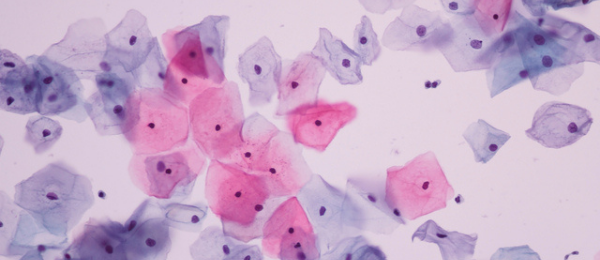 HOW CANCER HIJACKS CELL DEATH: A NEW VIEW OF METASTASIS New evidence from Professor Jody Rosenblatt’s lab suggests that metastasis could develop in parallel with primary tumours, rather than resulting from them. As cancer metastasis is the main reason patients succumb to their disease, these exciting findings could change the way we diagnose and treat cancer. Jody is one of our Programme Award holders. Read about her team’s research into metastasis in our latest blog post. |
|
|---|
|  BRIDGING THE GAP BETWEEN RESEARCH AND CLINICAL IMPACT Translational medicine can best be thought of as the journey from a scientific idea to a diagnostic tool or therapy. Earlier this year, we partnered with the Eureka Institute for Translational Medicine to launch an oncology-focussed 3-day virtual school. Around 36 early career cancer researchers from across the UK participated, enabling them to discover more about translational medicine and how to apply it to their own work. |
|
|---|
|
|---|
|
|
| | TRANSFORM YOUR RESEARCH INTO A DATA-DRIVEN BUSINESS Are you a UK-based cancer researcher or a researcher whose work applies to the field of cancer? We’ve partnered with The University of Edinburgh, Heriot-Watt University and Edinburgh Innovations to bring you the Venture Builder Incubator. This new initiative within our Entrepreneurial Programmes is for those looking to develop entrepreneurial skills, build a team and turn their research into a business to benefit people with cancer. By joining the programme, you will receive a £2K grant, opportunities to attend workshops and networking events, mentoring, access to investors alongside the University of Edinburgh's wider entrepreneurial ecosystem, and more. Deadline: extended to 15 October |
|
|---|
|
|---|
|
|
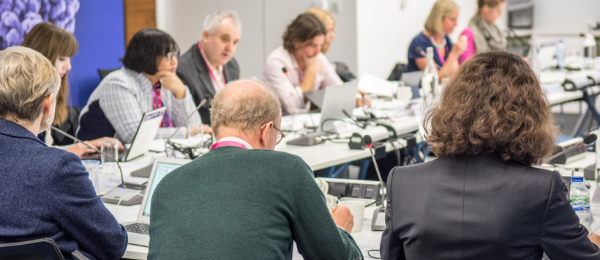 A CELEBRATION OF PEER REVIEW Peer review is a critical part of our research funding process. That’s why we’re so grateful to our committee and panel members and our patient involvement representatives for giving up their time to help us continue to fund excellent research. As part of Peer Review Week (20–24 September), we spoke to Dr Marcus Munafó to find out his thoughts on why involving a wide range of voices is a critical part in making sure our funded research is relevant in the real world. |
|
|---|
|  BECOME A CHAIR OR MEMBER OF THE UK COMMITTEE ON RESEARCH INTEGRITY The inaugural UK Committee on Research Integrity (UK CORI) is currently recruiting a chairperson with research experience, a genuine interest in the integrity of research and a track record of championing change to lead the formation of UK CORI. They’re also looking for members to join the committee and become national champions for research integrity. Applicants are welcome from all research disciplines and roles, types of organisation, career stage and background. It's a unique opportunity to influence, inspire and catalyse positive change across research cultures within the UK and beyond. |
|
|---|
|
|---|
|
|
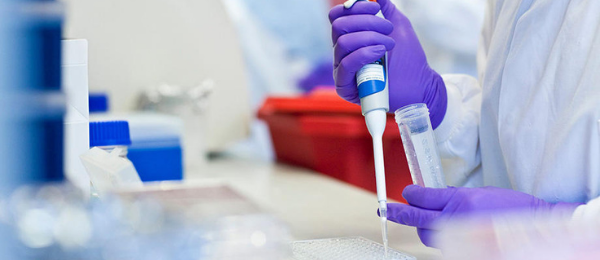 INFORM POLICY MAKING IN THE ROYAL SOCIETY PAIRING SCHEME Each year the Royal Society pairs 30 research scientists with parliamentarians and civil servants. Over the course of a week the scientists will take part in workshops, hear from invited speakers and spend time with their partners. This is an opportunity to gain an insight into how research findings can help inform policy making, and come away with a better understanding of government, parliament, and how you can get involved. The pairing scheme will take place in-person in March 2022. Applications are now open to scientists working across all STEM disciplines until 11 October. |
|
|---|
| 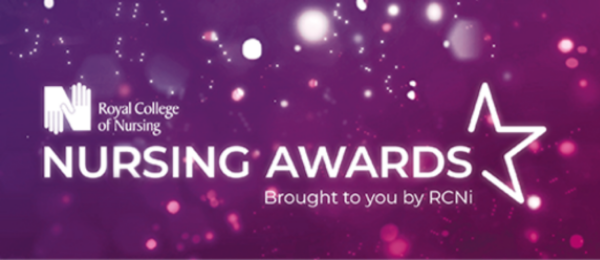 REGISTER TO WATCH THE RCN NURSING AWARDS – 12 OCTOBER The 2021 Royal College of Nursing (RCN) Nursing Awards ceremony will be live streamed from 6pm on Tuesday 12 October, where the winner of the CRUK-sponsored ‘Excellence in Cancer Research Nursing’ category will be announced. This year’s finalists have been shortlisted for their adaptability and delivery of cancer trials during the pandemic; the introduction of a mental wellbeing assessment for patients on early phase trials; and the roll out of the Cytosponge test to help detect Barrett's oesophagus. |
|
|---|
|
|---|
|
|
 PATHOLOGY GUIDANCE PUBLISHED IN THE LANCET ONCOLOGY NCRI’s Cellular Molecular Pathology Initiative (CMPath) have developed guidelines for the inclusion of pathology in clinical trial protocols. The guidance has been published in The Lancet Oncology and provides specific guidance on all aspects of clinical trial pathology. |
|
|---|
| 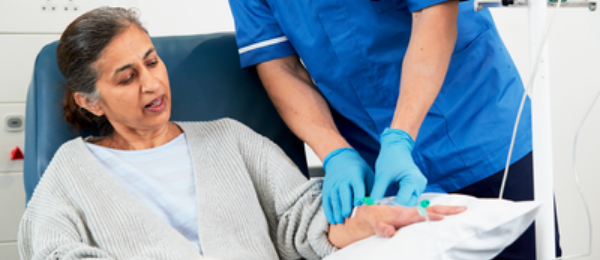 A NEW ADVANCED THERAPY IN UVEAL MELANOMA University Hospitals Birmingham NHS Foundation Trust is the first site in the UK to treat a uveal melanoma patient with the new therapy Tebentafusp, a bispecific immunotherapy drug, outside a clinical trial. This initiative is being led by Dr Leila Khoja, immunotherapy lead for the Birmingham Experimental Cancer Medicine Centre (ECMC). Regulatory approval for Tebentafusp is in progress, but the drug is currently available through a compassionate use programme. |
|
|---|
|
|---|
|
|
| | | Register your interest 06 May 2022 |
|
|---|
|
|---|
|
|
| Been forwarded this email? Subscribe to our newsletter to stay up-to-date. |
|---|
| |
|---|
|
|
|